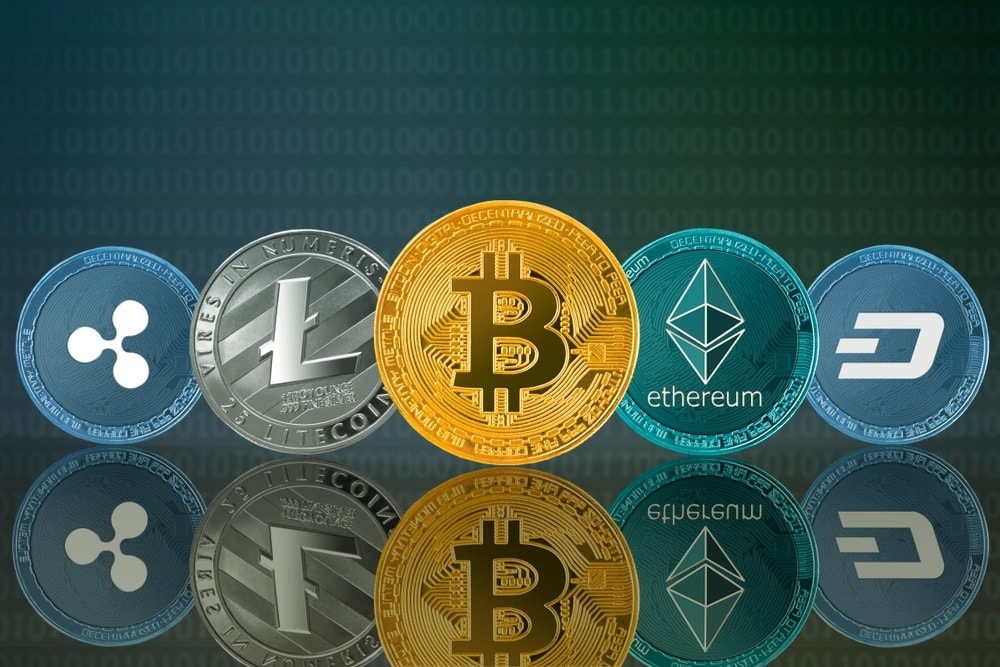Crypto Exchanges Push for Regulation: Do They Have a Point?
In recent months, some of the world’s leading cryptocurrency exchanges have been clamoring for stricter regulations on their industry. This newfound desire for regulation may come as a surprise to those who have long associated crypto exchanges with a Wild West ethos, but it appears that the exchanges are embracing a more pragmatic approach as they navigate the increasingly treacherous waters of cryptocurrencies.
The main impetus behind this shift is, no doubt, the dramatic surge in the value of digital currencies in recent months. As prices have ballooned, so too has the attention of regulators and investors. With this greater scrutiny comes the risk of harsh penalties, fines, and even outright shutdowns, should the exchanges be deemed non-compliant. Furthermore, the lack of a unified regulatory framework in most countries has led to confusion and inconsistency, resulting in a lack of consumer trust and a general slowdown in the industry’s overall growth.
The benefits of regulation are clear. Regulated exchanges would be expected to adhere to strict KYC (Know Your Customer) and AML (Anti-Money Laundering) standards, as well as ensure the storage of customer funds in dedicated wallets, segregated from those used for company operations. These measures would not only bolster investor confidence but also safeguard against potential fraud, ensuring that exchanges are genuinely operating in the best interests of their users.
For many, the idea of crypto exchanges being regulated raises a host of concerns, chief among them the danger of stifling innovation and creating an overly bureaucratic industry. The cryptocurrency space was founded on the principles of freedom and decentralization; a regulatory straitjacket could very well serve to suffocate the next revolutionary breakthrough. Additionally, regulation could potentially lead to an influx of bureaucratic burdens, driving up costs for both exchanges and users alike, and thereby limiting market participation.
On the other hand, it is fair to say that the notion of a "Wild West" crypto market is itself an oversimplification. In reality, many of the world’s leading exchanges, such as Coinbase and Kraken, have always prioritized compliance and the safeguarding of customer funds. The issue lies rather with the relative lack of transparency and regulatory oversight on a global scale.
Perhaps the most compelling argument for regulation, however, comes from the very exchanges that are pushing for it: it is only by obtaining the necessary regulatory approvals and frameworks that these exchanges will be able to operate truly sustainably and responsibly in the long term. Investors are increasingly wary of plunging their capital into exchanges without the comfort of official guarantees, and the value of digital currencies is expected to fluctuate wildly pending some semblance of clarity and stability.
In recent weeks, a number of notable exchanges have taken formal steps towards regulatory compliance, such as Coinbase’s approval as a registered MSB (Money Services Business) with the US Treasury’s FinCEN (Financial Crimes Enforcement Network). By proactively engaging with regulatory bodies and embracing the constraints they impose, these exchanges can not only ensure a secure and stable environment for users but also demonstrate to the wider world that cryptocurrency trading is a legitimate, long-term viable option for investment.
Ultimately, as the cryptocurrency space continues its quest for mainstream acceptance and maturity, the push for regulation is an inevitable evolution. While concerns about stifling innovation and red tape are understandable, they should not overshadow the urgent need for greater transparency and consumer protection. By striking a balance between regulatory constraint and innovative freedom, it is possible that the global cryptocurrency market will not only continue to thrive but evolve into a beacon of credibility and stability, worthy of widespread adoption and trust.
About the author
[Your Name] is a cryptocurrency enthusiast with a background in finance and regulatory affairs. He specializes in providing expert analysis and insights on the intersection of crypto and traditional finance.
References
[Insert relevant references, studies, or quotes from notable industry figures]

